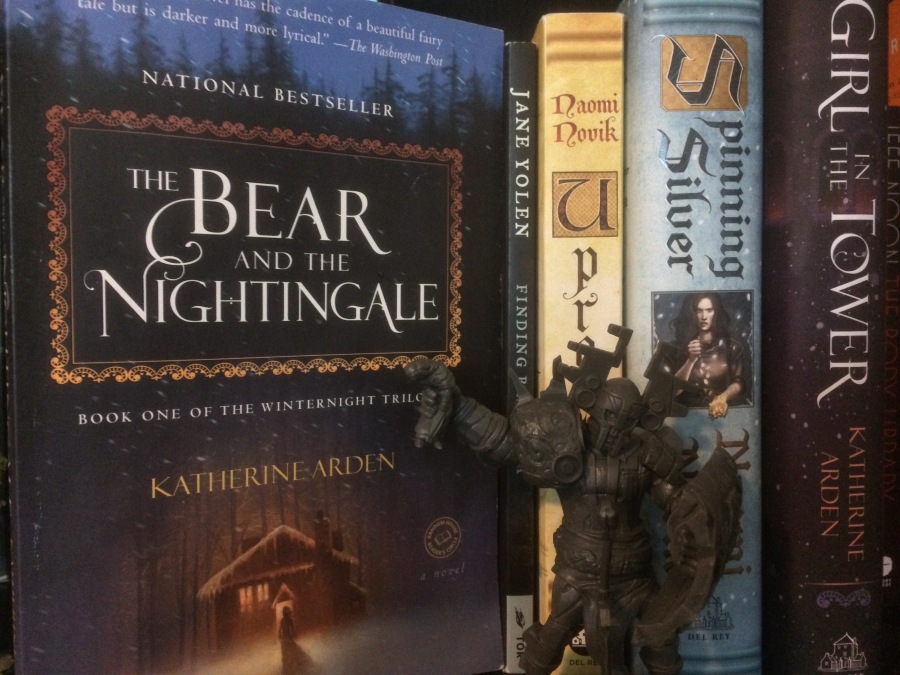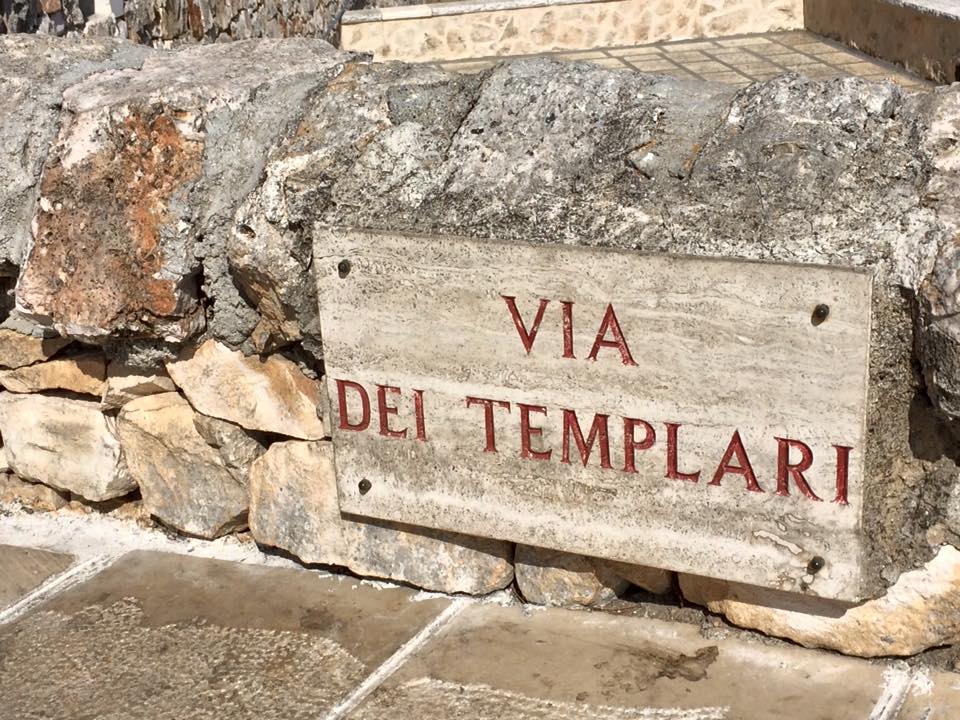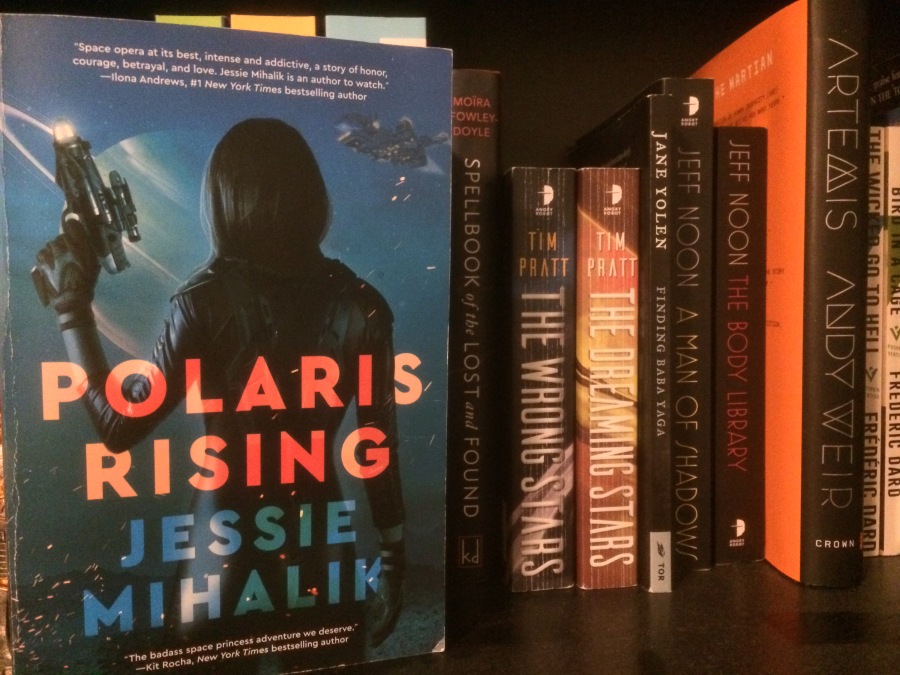European folklore has always been a major inspiration for modern fantasy, but there is something special about the folklore from Eastern Europe and Russia. Cold winters and dark forests have proved to be a fertile breeding ground for all manner of fireside tales. Baba Yaga roams the woods, flying on her pestle or controlling her house walking on chicken legs. Chernobog haunts both nightmares and Disney movies, making an unforgettable appearance in Fantasia. The land can be cold and inhospitable, but this same land brought us the domovoi, guardian of the hearth, and the vazilda, guardian of horses. The land can be cold, but the one who inhabit it can be very warm.




